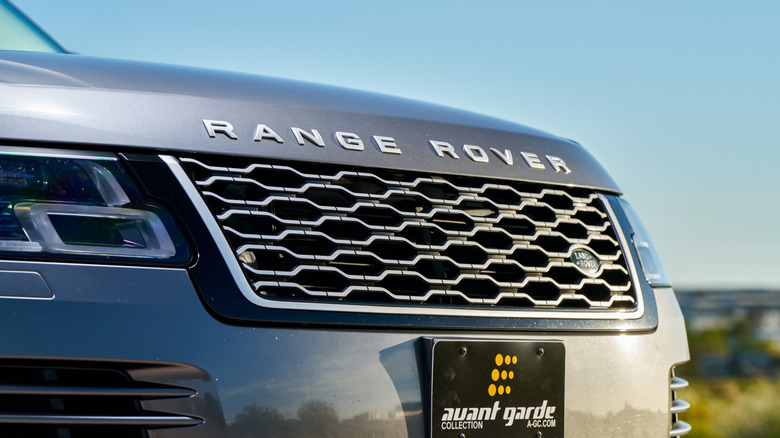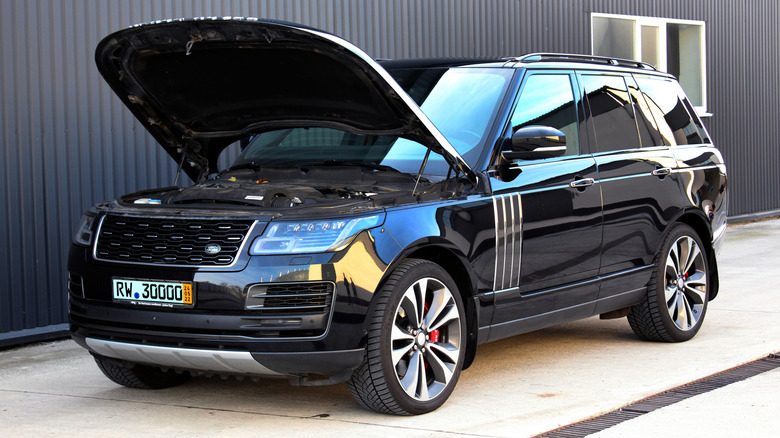Why Do Some Range Rovers Have BMW Engines?
Land Rover is a British brand which can trace its roots back to the 1940s, when the first model was launched following the end of World War II. Branching out from utilitarian models, Land Rover developed the first Range Rover in the 1970s, and its success meant that the brand hasn't looked back since. Fast-forward to today, and Indian corporation Tata currently owns Land Rover. The brand is now known as Jaguar Land Rover (JLR) — a merger that happened when Tata purchased the two companies in 2008. Before then, Land Rover went through a series of different owners.
Between 1994 and 2000, Land Rover (as a part of the wider Rover brand) was owned by BMW. This explains why models such as the L322, which Land Rover developed during this period, used BMW engines under the hood. Many automakers share powertrains in this way, with the hopes of saving valuable funds and finances by doing so. Although BMW no longer owns the Land Rover brand, the luxury SUVs have once again turned back to the German brand for their engines: Current Range Rovers sport BMW's N63 V8, while SV models have the M-tweaked S68 under the hood. JLR turned to BMW's engines to replace the aging AJ-V8 engine, and it was possibly more affordable to use ready-made options instead of developing a new engine.
BMW engines have helped Range Rovers to move with the times
Not only was the AJ series of V8 engines getting particularly long in the tooth for JLR products, but it was starting to pose problems in the way of emissions. Emissions regulations have been getting stricter over the years, and JLR seems to have opted to equip its models with a cleaner, more modern engine instead of continually adapting the AJ V8 for modern standards.
The change introduced other benefits, too. Both the N63 and S68 BMW V8 engines, which now power Range Rovers, have allowed Range Rover to implement mild hybrid systems. Mild hybrid setups can be found under the hood of BMW models like the X5, X6, and X7 SUVs, and are now powering much of the Range Rover line-up too. The S68 is also one of BMW's most powerful engines, perfect for the high-performance Range Rover SV models.
Finally, it's no secret that JLR has endured its fair share of financial troubles over the years. So, it's not hard to see the move to BMW engines as a cost-conscious decision to buy tried-and-tested engines as opposed to developing a brand-new unit of its own.

